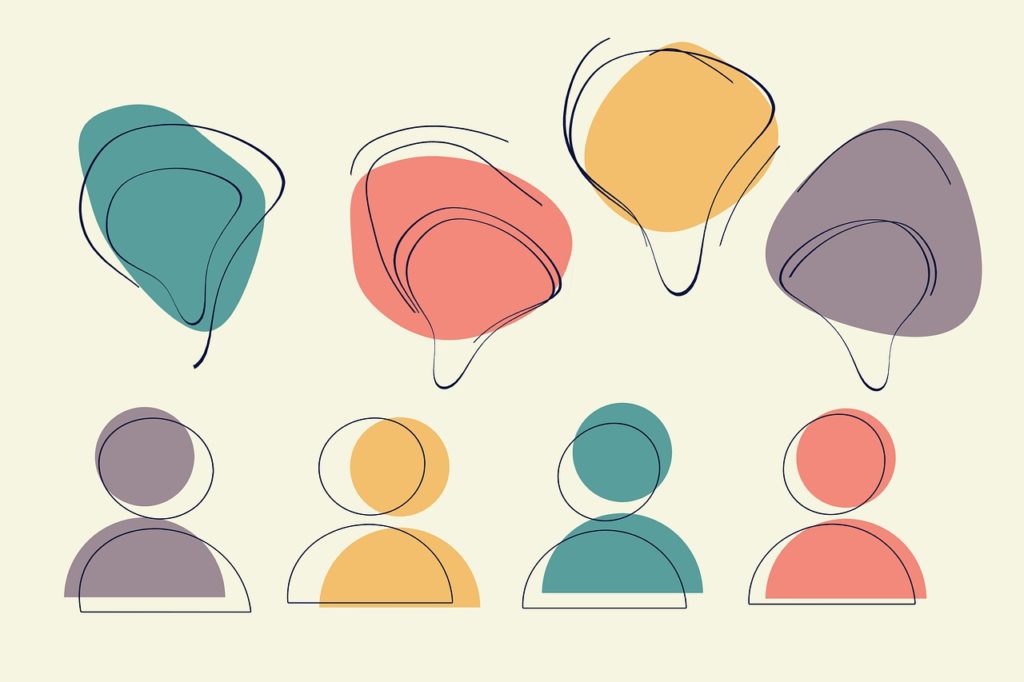Kam, leh wi it (come, let’s eat together) – one of the teachers tells me after we finish the interview. I’m at one of our pilot schools, for a research that explores the barriers and enablers of effective school-based, peer-supported, teacher professional development. The topic is a mouthful, but teaching and learning on an empty stomach is one of the main barriers that teachers and learners face.
As a researcher, and former teacher, I often reflect on the act of ‘researching’ in education, and who benefits from it. As the lead of the project, I certainly do. So does the donor, the other partners, and the international community, because what we learn and share on our platforms could improve education across the globe. Also, the teachers who participate in our research, because our research will hopefully inform policy, and that might impact their teaching conditions.
WHAT ELSE CAN WE DO?
Will they get paid for their participation? We are taking up significant time of, in this case, un(der)paid teachers, due to the participatory nature of our research. Unfortunately, in line with research policies, we cannot. I wonder, why not? Aren’t human relationships all about reciprocity? Do we perhaps need to revisit research ethics that work well in HICs, but seem quite unethical in LMICs? If teachers do not directly benefit from the potential impact of our research, shouldn’t they be remunerated? After all, without their expertise, our work would not exist.
And if payment isn’t an option, what else can we do? Remembering the challenge of food, I had this conversation with the headteacher:
Me: Is it okay to schedule the interviews next week over lunch, bringing food for the teachers who will be interviewed that day?
Headteacher: “That would work well”
Me: Any dietary requests?
Headteacher: No cassava leaves for me … the doctor won’t allow me. (laugh)
So there we are on a Tuesday morning, sitting around a shared plate of potato leaves stew, each of us holding a spoon. All the teachers are there because there is no way the food would only be shared between the two participants of that day, or without me. Kam, leh wi it, let’s all eat together and interact as one.
At that moment I felt grateful. Despite our inability to change their immediate conditions, they still included me, sharing that sense of belonging with me. But how could I effectively include them in the research? I didn’t have an answer to that. In fact, I am still navigating the best ways to do it. What I do know is that the research subjects should occupy a primordial place in our research planning. We should be able to understand the impact of our interactions and interventions on their lives.
Let’s collectively reflect on better ways to pay respect while conducting our investigations.
The opinion pieces constitute the writers’ own opinions. If you are curious to find the company’s position, check out the editorials (coming soon).
Image by Gerd Altmann from Pixabay

